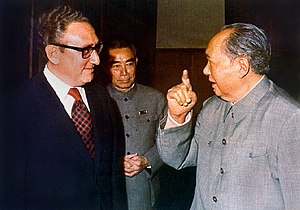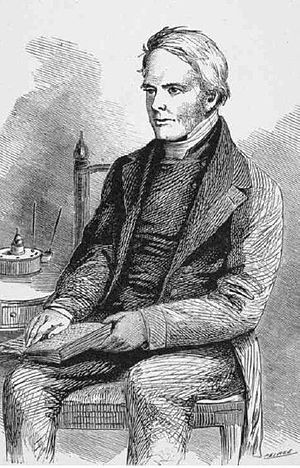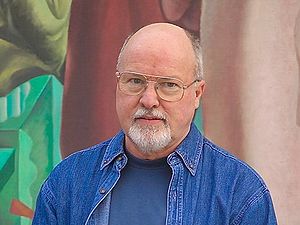When Scripture and the liturgies were first presented in the language of the people, and for our Church that occurred with the Church in England broke with Rome and the first 1549 Book of Common Prayer, it was vigorously opposed by the Roman Church authorities because of the presumed loss of control of the Church over the people. There were legitimate concerns that the common folk, who were by in large uneducated, would not understand the intent and meaning of Scripture (determined by the Church, of course). Yet, much of the opposition to Scripture and liturgies in the vernacular had to do with control.
When the people do not have access to Scripture, the worship of the Church, and the Church’s documents in a language they understand, they by default are subservient to the hierarchs.
Considering the Church’s current drive to go further down the path of full-liturgy bulletins, projection or display of hymns/songs, liturgies, and prayers overhead, even if justified by making it easier for new people or suffering from the assumption that books are passé, what actually ends up happening is the dumbing down of the people. Perhaps, what actually happens is the making of the people subservient to the priestly cast! Does this end up being an issue of control?
If people are able to read Scripture for themselves, they are empowered! If people are introduced to, taught how to use, and encouraged to engage with the Book of Common Prayer (BCP), for themselves, even if in the pews on Sunday morning, they are empowered! They learn for themselves the liturgies, the prayers, the theology that is actually espoused and maintained in the BCP. They are able to then hold accountable the clergy cast who find it far too interesting and edgy to play around with time-honed and tested liturgies for the sake of being novel or out of their own boredom.
In the parish I’ve been a part of, a several years ago a bishop was conducting his episcopal visit. The bishop was in the pulpit preaching when on of the matrons of the parish stood up, in the midst of him speaking, and said, “Bishop, that is not the teaching of the Catholic Church.” She challenged some “edgy,” novel teaching he was espousing. He stopped, turned around, exited the pulpit, and his sermon ended then and there. If this woman had not been taught the Faith, if she did not engage with the BCP regularly, if she did not know Scripture for herself, she would not be able to hold accountable those who are supposed to guard the Faith. She was empowered! She challenged the hierarchy when they deviated.
Change will always occur, and there is nothing intrinsically wrong with change. There is nothing wrong with LCD screens projecting everything. Yet, the reasons for change whether in theology, use of technology, or praxis are very important. The more we encourage, teach, and bring people to engage for themselves Scripture, the Book of Common Prayer, and the documents that inform our faith and life in Christ, the more empowered the people are to take control of their own faith and life in Christ.
My desire is to work myself out of a job, our of a position, out of a place of a determining authority by teaching people to think for themselves, to know their own texts (whether a physical book in the pew, on an iPad, or whatever). In so doing, I provide for them the knowledge and ability to know for themselves. There are specific acts and responsibilities that are given to me by virtue of my priesthood and will only be done by a priest, yet the more I enable people to be independent (in the context of community) in their thinking the more able they are to live a full Christian life.
I’ve come to believe that doing it all for the people ends in the impoverishment of the people, a dumbing down of the people, and a renewed control of the clergy cast over the people. My experience tells me that people are more attracted to a way of living the Faith when they know as much as they can, not in an deluded attempt by the clergy cast to make them feel welcome by doing it all for them.










